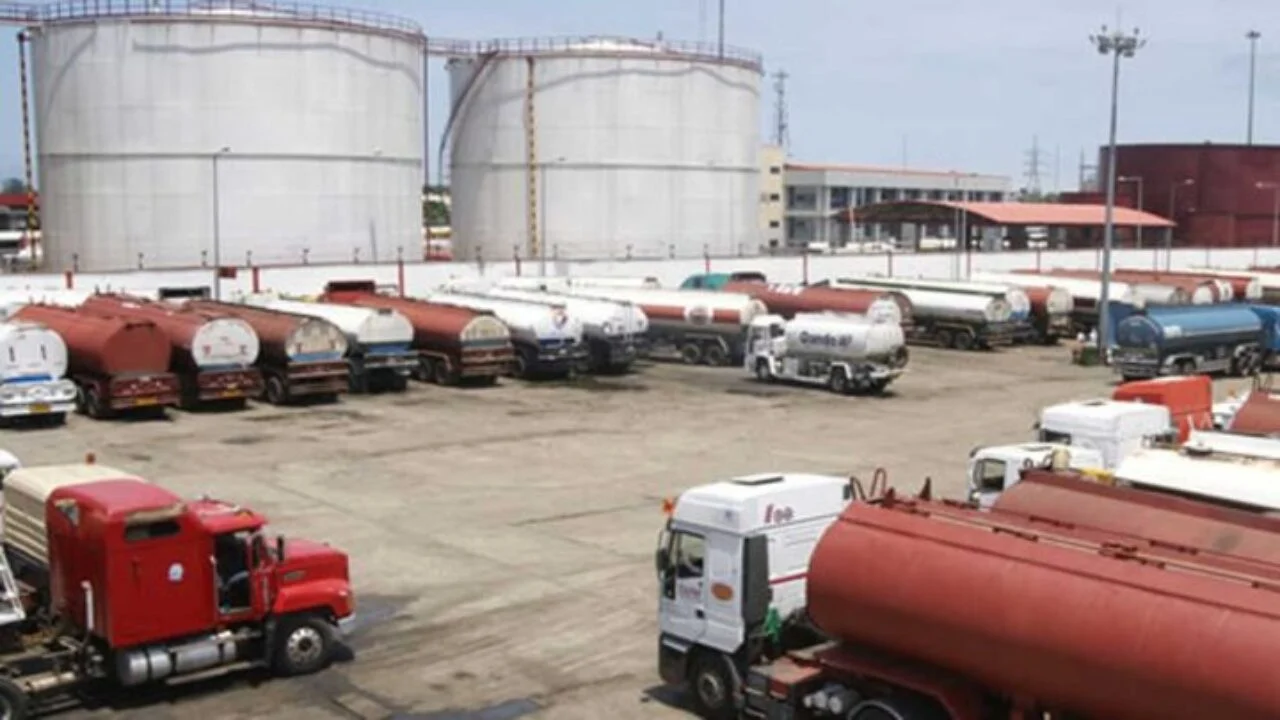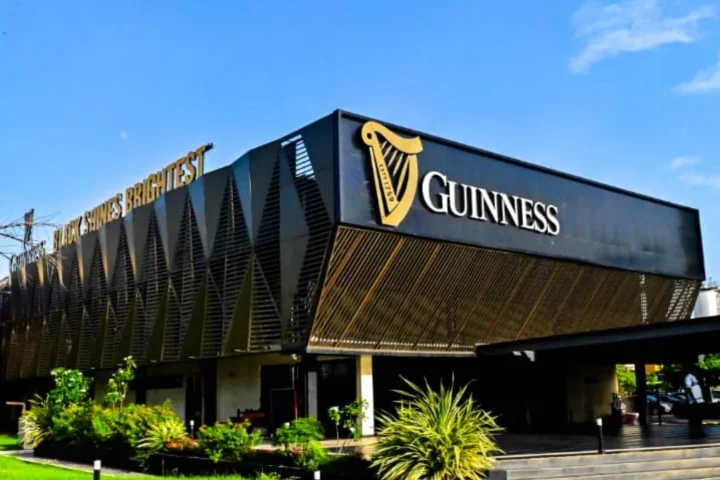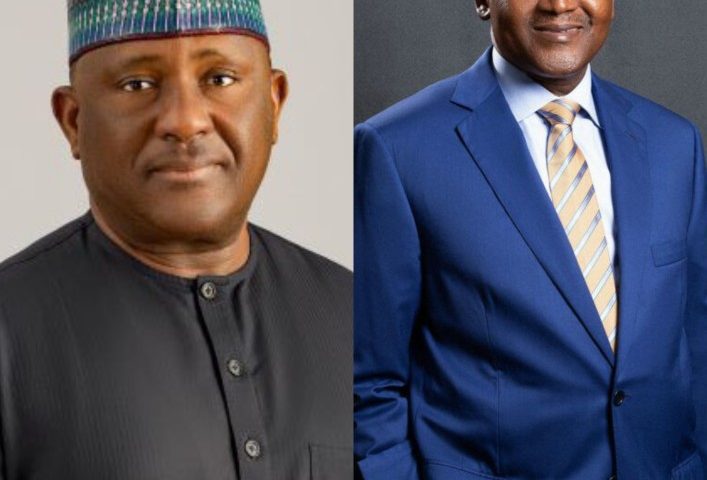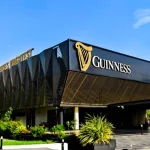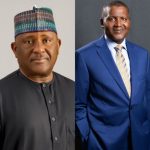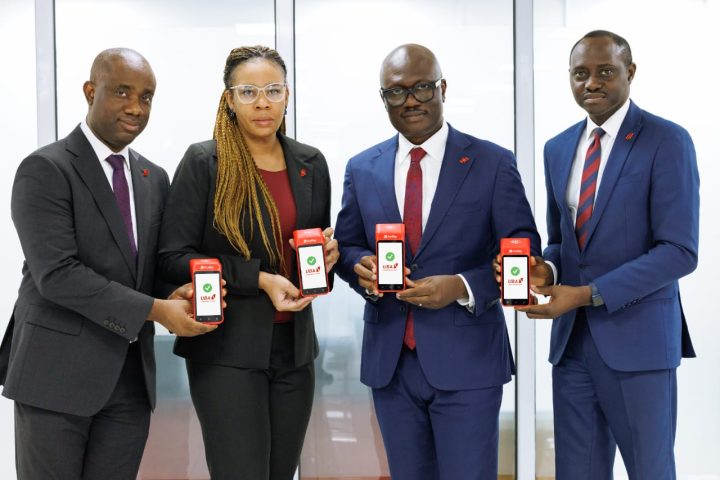Oil marketers in Nigeria, under the Petroleum Products Retail Outlets Owners Association of Nigeria (PETROAN), have called for a fair and competitive petroleum market where all players, including refiners, importers, depot owners, and retail outlets, can operate without restrictions. They emphasized that ensuring availability and affordability of petroleum products remains their top priority, whether through local refining or importation.
Speaking on Channels Television’s The Morning Brief program on Tuesday, PETROAN President Billy Gillis-Harry stressed the need for market discipline, aligning with the provisions of the Petroleum Industry Act (PIA).
Join our WhatsApp Channel“PETROAN is very insistent on availability and affordability, and also much more than that is discipline, according to what the PIA says,” Gillis-Harry stated.
“That’s why we will encourage that monopolistic tendencies of any kind should not be encouraged. Everybody should be allowed to play in the market. Even importation should not be a crime because it is not a crime; the PIA makes provision for that. But as patriotic Nigerians that we are, we encourage that let us pursue our internal market and grow our economy strong.”
No Fear of Monopoly from Dangote Refinery
Gillis-Harry dismissed concerns that the Dangote Refinery and other independent refiners in Nigeria are moving towards monopoly. He clarified that oil marketers support an open market where all industry players contribute to meeting Nigeria’s energy demands.
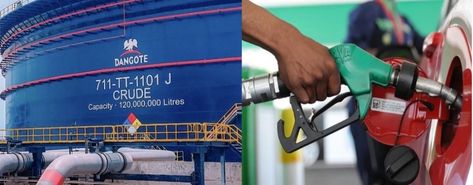
“We are not afraid that Dangote or any other refinery is moving towards monopoly as earlier suspected or thought about, but we will continue to advise that let refiners refine, let depot owners keep soaring, and let retail outlet owners keep retailing too. The whole value chain obligation is to meet Nigerians’ needs,” he said.
The PETROAN leader reaffirmed that members of the association remain loyal to all refiners operating in the country, including Dangote Refinery, as well as the Port Harcourt and Warri refineries managed by the Nigerian National Petroleum Company Limited (NNPCL).
Commitment to Sourcing from Multiple Refineries
Gillis-Harry emphasized that oil marketers are committed to sourcing petroleum products from all available refineries to ensure supply consistency. He noted that PETROAN members maintain business relationships with both state-owned and privately-owned refineries to sustain the fuel distribution network in Nigeria.
READ ALSO: How NNPC, Oil Marketers Spend Over N5.5trn On Fuel Imports In 4 Months
“Our members are lifting from every possible source. Our loyalty is to every possible source where we can get petroleum products. Primarily, we have a long-term relationship with the NNPCL, that is one company an agreement has been entered into with for so many years, and we will continue to benefit from the values of those agreements with our bulk purchase agreement and the allocation of products.
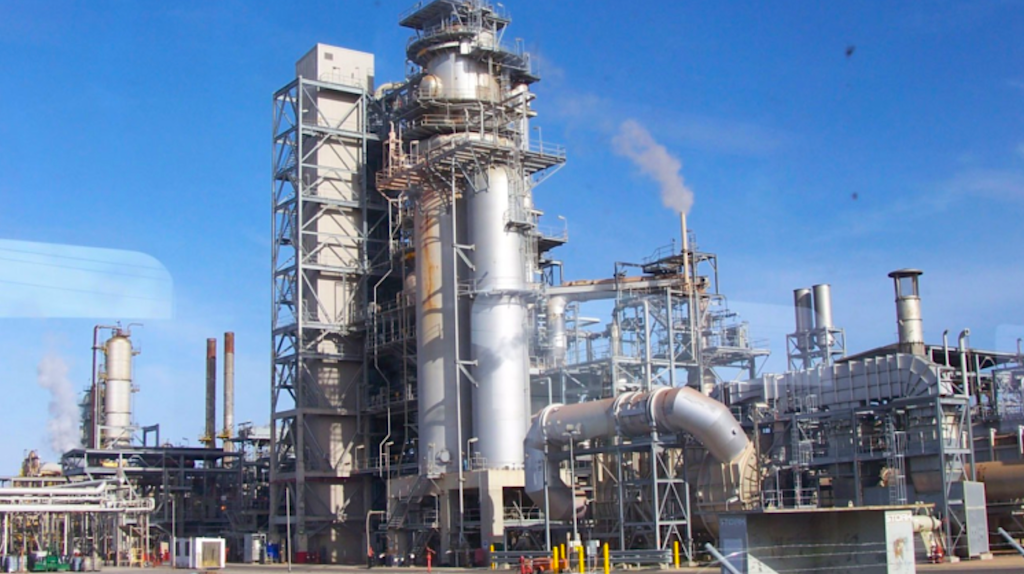
“We also load from Dangote Refinery because that is a very credible source that we also lift petroleum products from. PETROAN has also entered into a business relationship – the Dangote-MRS-PETROAN relationship. So everywhere there is a product to be bought, once our members complete the processes, they start lifting products immediately.”
Nigeria’s Fuel Supply Challenges
Nigeria, Africa’s most populous country, has long struggled with energy supply challenges, largely due to the inefficiency of its state-owned refineries. For decades, the country relied heavily on imported refined petroleum products, with the NNPCL being the primary importer. This situation led to frequent fuel shortages and high prices, placing a significant burden on citizens.
Following the removal of fuel subsidies in May 2023 by President Bola Tinubu, petrol prices surged from approximately ₦200 per liter to over ₦1000 per liter. The rising cost of petrol has exacerbated economic hardship, as many Nigerians depend on petrol for both transportation and power generation due to unreliable electricity supply.
Efforts to Improve Local Refining
To address these challenges, Nigeria has been making efforts to increase local refining capacity. In December 2023, industrialist Aliko Dangote commenced operations at his $20 billion refinery in Lagos. Initially slowed by regulatory hurdles, the refinery began with a processing capacity of 350,000 barrels per day, aiming to reach its full capacity of 650,000 barrels per day by the end of 2024. The facility has since started supplying diesel, aviation fuel, and petrol to the Nigerian market.
Similarly, the NNPCL announced that the Port Harcourt and Warri refineries resumed operations in 2024, with petrol loading activities restarting. These developments mark a significant step toward reducing Nigeria’s dependence on imported fuel and stabilizing domestic supply.
The Need for a Competitive Market
Despite these improvements, oil marketers continue to advocate for a free and competitive market where no single entity dominates. PETROAN insists that while local refining is crucial, importation should not be criminalized, as it serves as a necessary supplement to domestic production.
Gillis-Harry maintained that a well-regulated but competitive petroleum sector is the best approach to ensuring stability in fuel supply and pricing.
“Our position remains that a free and fair market should be encouraged. Let refiners refine, let depot owners store and distribute, and let retailers sell to the public. This is the best way to ensure Nigerians get the petroleum products they need at affordable prices.”
The call by oil marketers to discourage monopoly and support a level playing field in the petroleum sector underscores the need for a balanced approach in Nigeria’s fuel supply strategy. With increasing local refining capacity and a continued role for importation, a competitive market can help ensure stable fuel availability and pricing for Nigerians. As the country navigates its energy challenges, industry players and policymakers must work together to create a sustainable and efficient petroleum industry.
Emmanuel Ochayi is a journalist. He is a graduate of the University of Lagos, School of first choice and the nations pride. Emmanuel is keen on exploring writing angles in different areas, including Business, climate change, politics, Education, and others.

